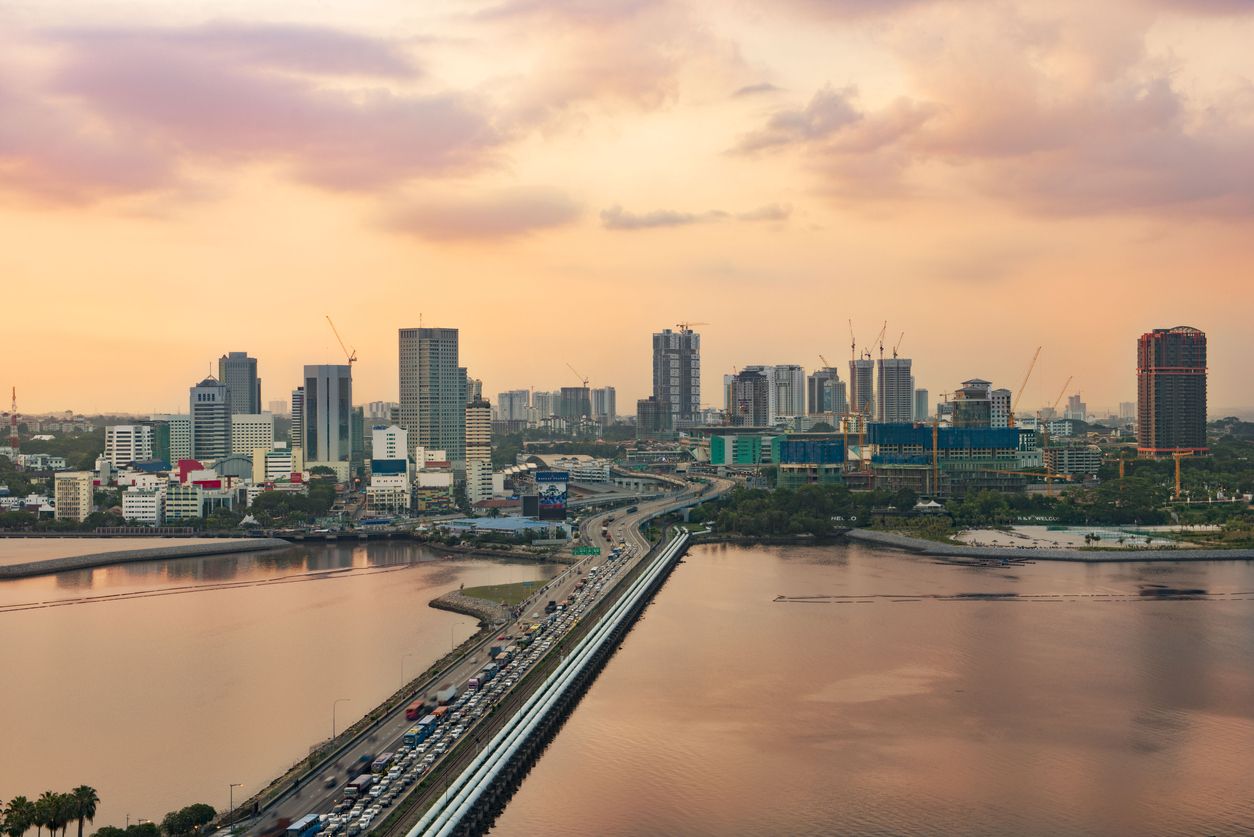
A few hundred Japanese families have made Johor Bahru home in the pursuit of English fluency and Global Cultural Capital for their children
Mention the words ‘Iskandar Malaysia’ to some in neighbouring Singaporeans and common responses will include ‘regret’ if they lost money in property investments, or ‘disappointment’ in response to the failed attempt to make it a booming Special Economic Zone (SEZ).
To a few hundred Japanese families currently living in in southern Johor, the response might be ‘education hub’.
“Around 2016, there were about 200-500 Japanese families that had migrated to Johor Bahru (JB),” explains Hiroki Igarashi, Assistant Professor of Sociology at Chiba University. “In 2012, when Marlborough College opened, there were only 12 Japanese families in JB. Over the next three to four years, there was increased coverage in Japanese media that pitched JB as an education destination, and that helped convinced some Japanese to move.”
Igarashi made those revelations at a recent SMU School of Social Sciences Seminar titled “Education, and Cultural Capital in the Post-Pandemic World” where he laid the theoretical framework of his research, which focused on Japanese parents’ attempts to help their children attain Global Cultural Capital (GCC). Igarashi spoke to 27 Japanese families who moved to Johor, most of them in mother-child(ren) migrations while the father stayed in Japan.
More cosmopolitan…but less Japanese?
Other Japanese chose to retire in JB to experience living in a warmer climate, and investment in property. Some of these retirees’ children are still schooling, and therefore came along with the parents.
Immigration agents also pitched Iskandar’s proximity to Singapore as well as the possibility of picking up Chinese, effectively making their children trilingual in their native tongue, English, and Chinese.
A quick check online shows no less than six international schools in Iskandar Puteri, while there are 13 in adjacent JB. However, there are few schools that offer some form of Japanese instruction, which eventually posed a problem.
“After living in JB for a while, Japanese families often encounter a moment when they realise their child’s Japanese language skills have become weaker,” Igarashi notes. He mentions a few responses from the Japanese parents:
“Only half a year has passed, but I realised my child’s English language skills have become stronger than her Japanese language skills. There were many times that she could not explain what he learnt in English into Japanese. Compared to other Japanese children of the same age, her Japanese is quite poor.”
“My kids have learnt English, but their Japanese became worse. They’ve become incomplete Japanese. They are bilingual but neither language is spoken perfectly. I wonder who they really are.”
“If someone looks Japanese but does not speak Japanese, don’t you feel surprised?”
“Why is that a problem? It has to do with the ideology of a monolingual, monocultural and monoracial Japan,” laments Igarashi. “When I ask the parents, ‘Why is it important for your child to learn Japanese?’ The usual response is, ‘Because we’re Japanese!’ Loss of Japanese language competency is seen as a loss of Japanese-ness.”
One Japanese family moved to Kuala Lumpur in search of Japanese cram schools while others either returned to Japan or stayed in Johor. There were others who moved to Singapore and Thailand, while some Japanese parents “thought about sending their kids to school elsewhere while they returned to Japan, or stay in JB as a retirement home,” Igarashi explains.
Orlando Woods, Associate Professor of Geography at the SMU College of Integrative Studies (CIS) made the following observation of gaining GCC: “It’s an ideal that can never be attained. That’s the whole idea of this international education migration. You’re emigrating to get educated but you’re always in the process of becoming – becoming more fluent in English, more global and less Japanese in this case, and becoming more cosmopolitan etc. It’s an ideal being chased that can never be achieved.”
From JB to the world
Addressing JB’s unlikely status as an education hub, Igarashi says the Japanese he spoke to mainly saw Malaysia as “a good place to start to their transnational journey”.
“It’s where they are initially exposed to international education, and from there they’ll feel more confident to move elsewhere,” Igarashi says. “Many said they felt scared moving to a place like the United States because they were not yet fluent in English. The Japanese in JB think the people there are nicer and show respect to the Japanese, and therefore it’s a good first step outside of Japan.”
Some Japanese parents were also wary of the recent rise of anti-Asian sentiment in America, even though Hawaii was a top destination albeit an unaffordable one. Singapore offers the safety that parents value but, like America, it is an expensive option. For those who returned to Japan, will they move out of the country again in the pursuit of more GCC?
“The parents feel, ‘OK, I can do international migration’ so it opens up their minds to where they could go.”
Follow us on Twitter (@sgsmuperspectiv)